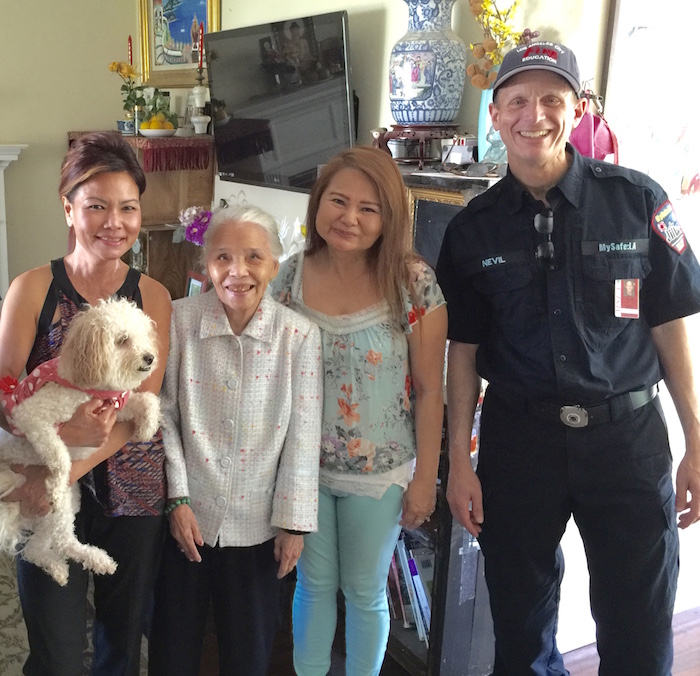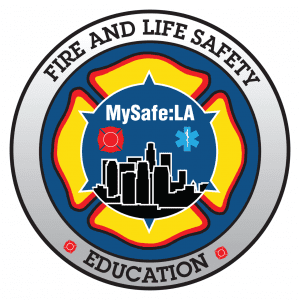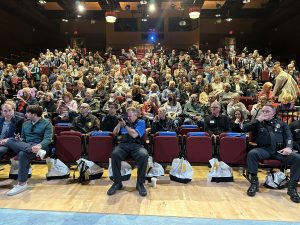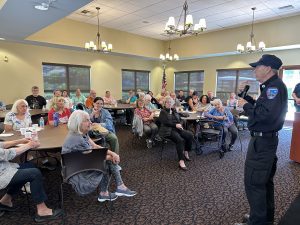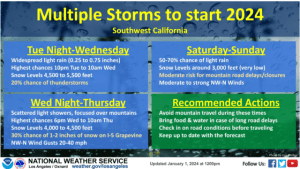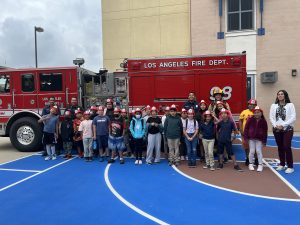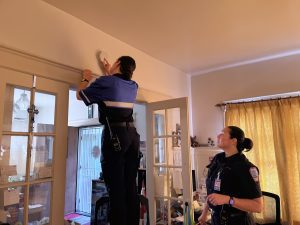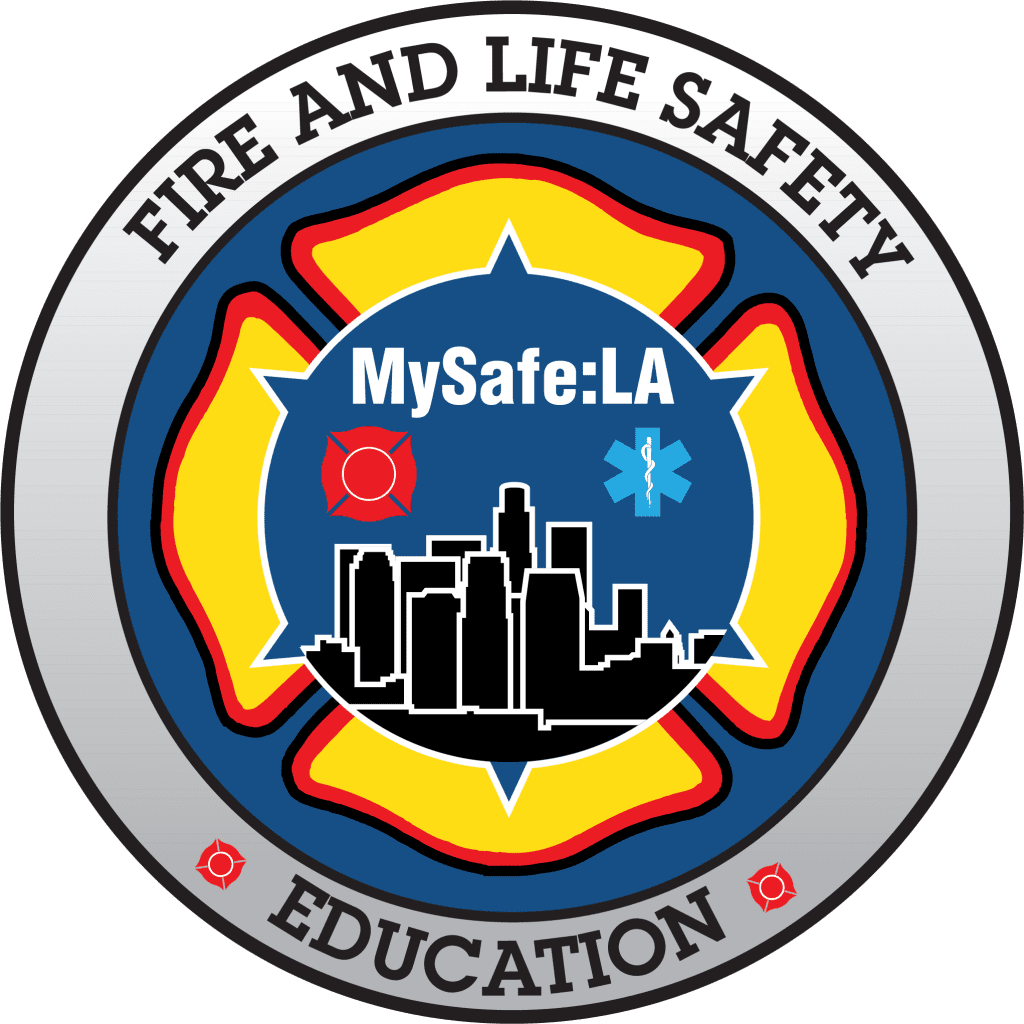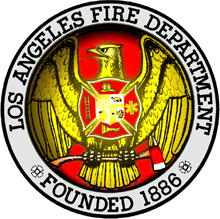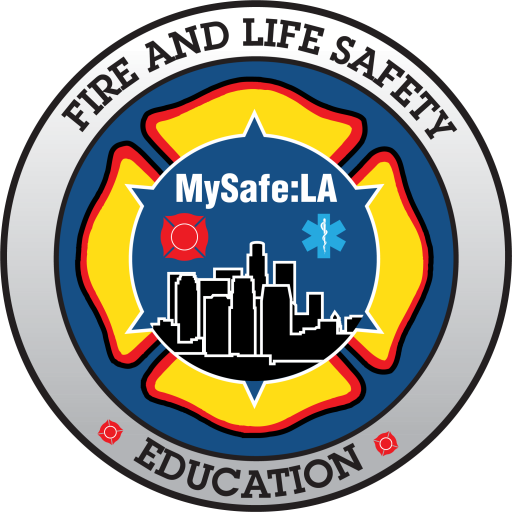The education and public safety teams at MySafe:LA conduct home inspections and install free smoke alarms in an ongoing basis – typically 3 or 4 days every week, year round. From a metrics point of view, the program is measured by the number of alarms installed and people impacted. But, there is so much more to the story.
These visits aren’t typically being conducted in either new or expensive modern homes. We’re visiting people who are struggling to survive. For them, the choice about buying one smoke alarm or feeling their kids is easy: the family must eat. There’s only money for one option.
When we inspect these homes, there are often very few lights on. Lights use electricity, and that costs money. That also means that often, families resort to using candles to supplement or replace traditional lighting – a fire hazard in and of itself.
When we visit these homes, we try to place an emphasis on three key safety measures:
- Working smoke alarms save lives – you double your chances to exit if you have and maintain them.
- Don’t fight the fire. Get out. Stay out.
- Call 911 and communicate your emergency and location after you’ve exited the home – and never go back in, for any reason.
We also adjust our messages to specific families and communities. As one example, if we’re visiting a Latino community, we spend extra time talking about grease fires in the kitchen. Most homes in these neighborhoods have a pan on the stove non-stop, and the risk of a grease fire is significant. So, we talk about the use of baking soda and pan covers to suppress grease fires. In fact, we’re evaluating providing a box of baking soda to every home we visit as part of our fire safety initiative. So far, it’s looking to be a very useful addition to our program.
We also bring native speakers to communities that may not use English as their first language. We have translators for Spanish, Armenian, Korean, Chinese, and French languages. It’s one thing to have a translated video or brochure, but it’s another to have someone who actually speaks the language, so a conversation may take place.
Another topic we address is knowing your neighbors. Having someone to rely on if you’re not home, and some place to go in a time of need is essential in today’s complex at-risk culture. Of some interest is that we get the best response and follow through relative to sharing with neighbors in the poorest communities. They instinctively know to rely on each other. More affluent neighborhoods are less likely to have a strong neighbor to neighbor component, so we work to encourage residents to share with the home on either side of theirs.
These are just a few examples of the things we focus on beyond the simple process of installing a smoke alarm. Sure, we share escape plans, brochures, and other materials, but if we can – in just a few minutes – learn a bit about the family we’re visiting, we can adjust our educational message to ensure the family has the best possible chance of escaping from a home fire.

